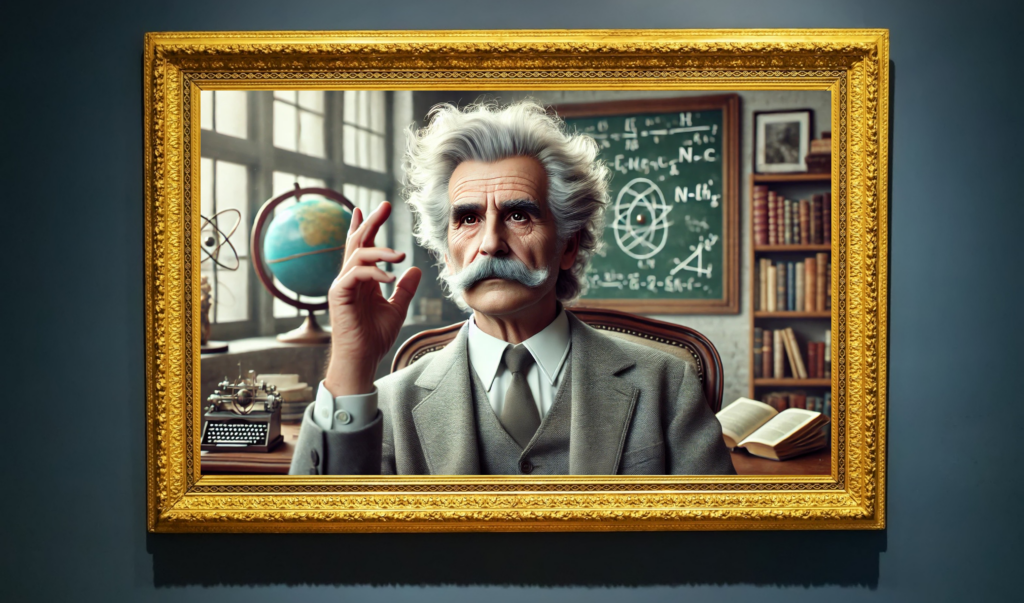The “Clarity Test” is a crucial aspect of decision-making that emphasizes the need for clear definitions and understandings of success throughout various phases of a project or process. Here are key insights regarding the Clarity Test for decision-making with clarity and foresight:
In Honor of Ronald A. Howard
Decision Analysis - Ronald A. Howard
In 1964, Ron coined the term “Decision Analysis” and established it as a scientific discipline to address complex decisions under uncertainty. His groundbreaking work formalized decision-making processes, transforming them from valiant efforts driven by experience and intuition to structured efforts based on clarity, transparency, and analytical robustness.
Ron’s creation of Decision Analysis was driven by the idea that any decision should have a clear basis (originally a three-legged stool):
- What we want (values)
- What we can do (alternatives)
- What we know (information)
A pioneer of decision quality thinking, Ron wrote (in 1968), “A decision should only be judged by the quality of the process and information at the time, not by its outcome.”
This insight led to major advances within organizations in adopting both organizational and analytic elements that promote high-quality decisions.
In 1981, Ron co-founded Strategic Decisions Group (SDG) with a mission to apply these principles in real-world settings. SDG became known for helping organizations navigate uncertainty by applying framing, values elicitation, alternative creation, expert assessment, modeling under uncertainty, and organizational alignment to their decision-making.
Ron’s principles have become the backbone of how countless modern organizations and individuals handle complex decisions.


















